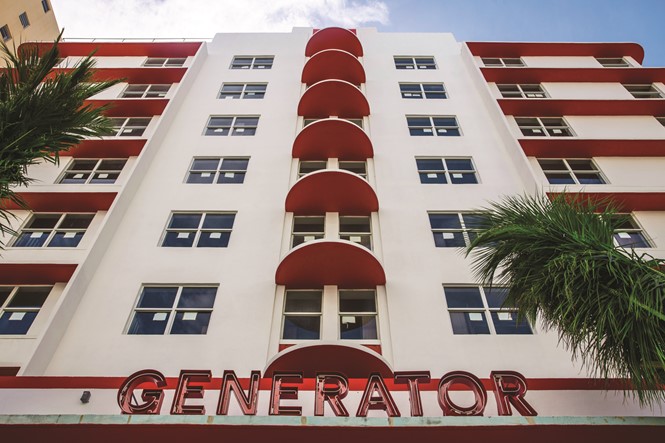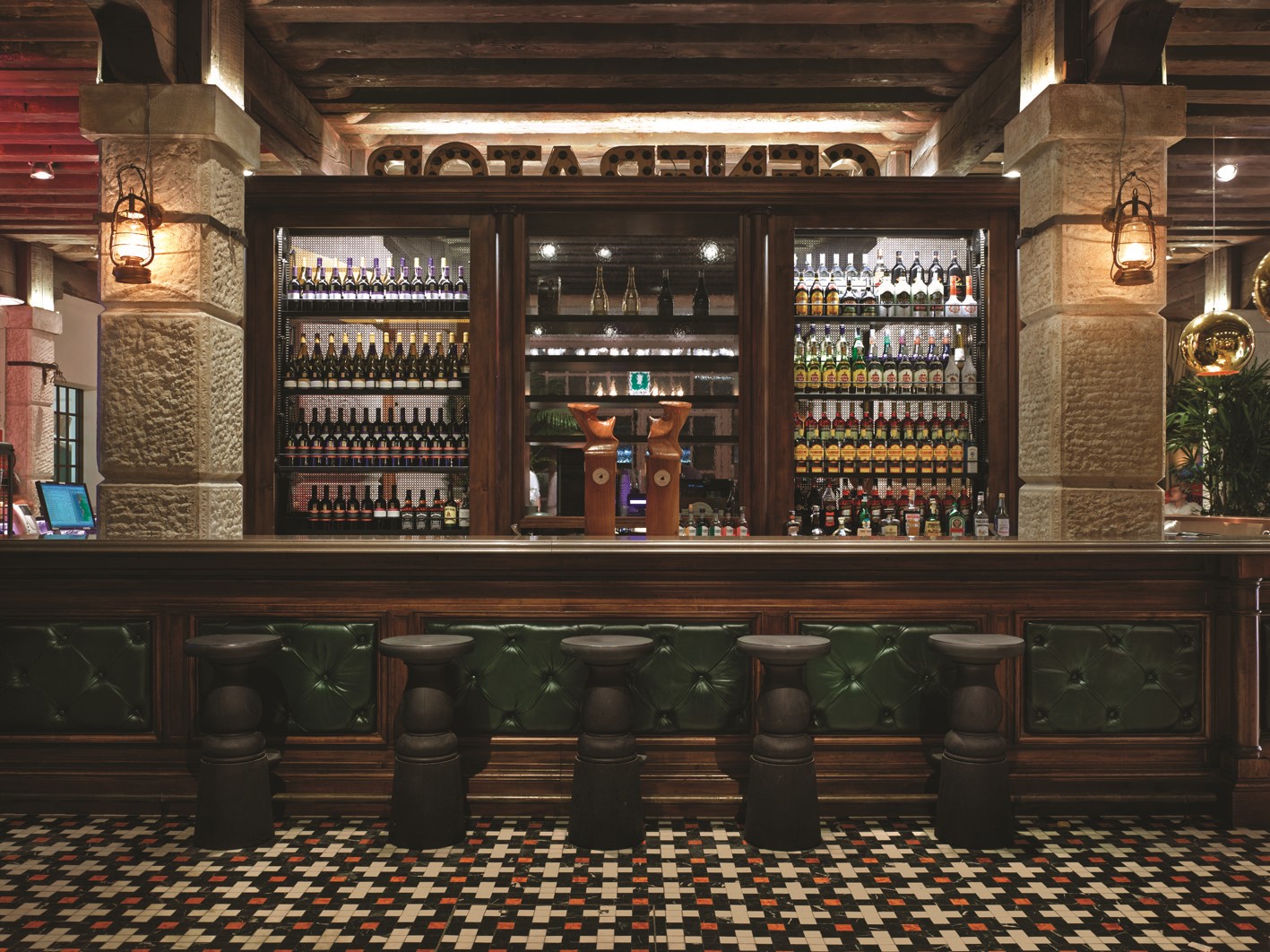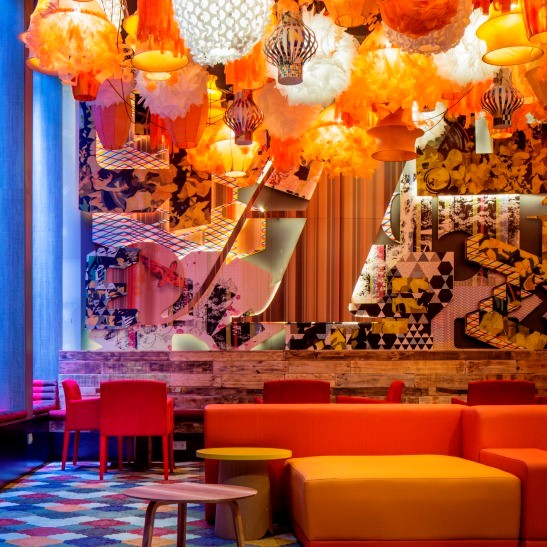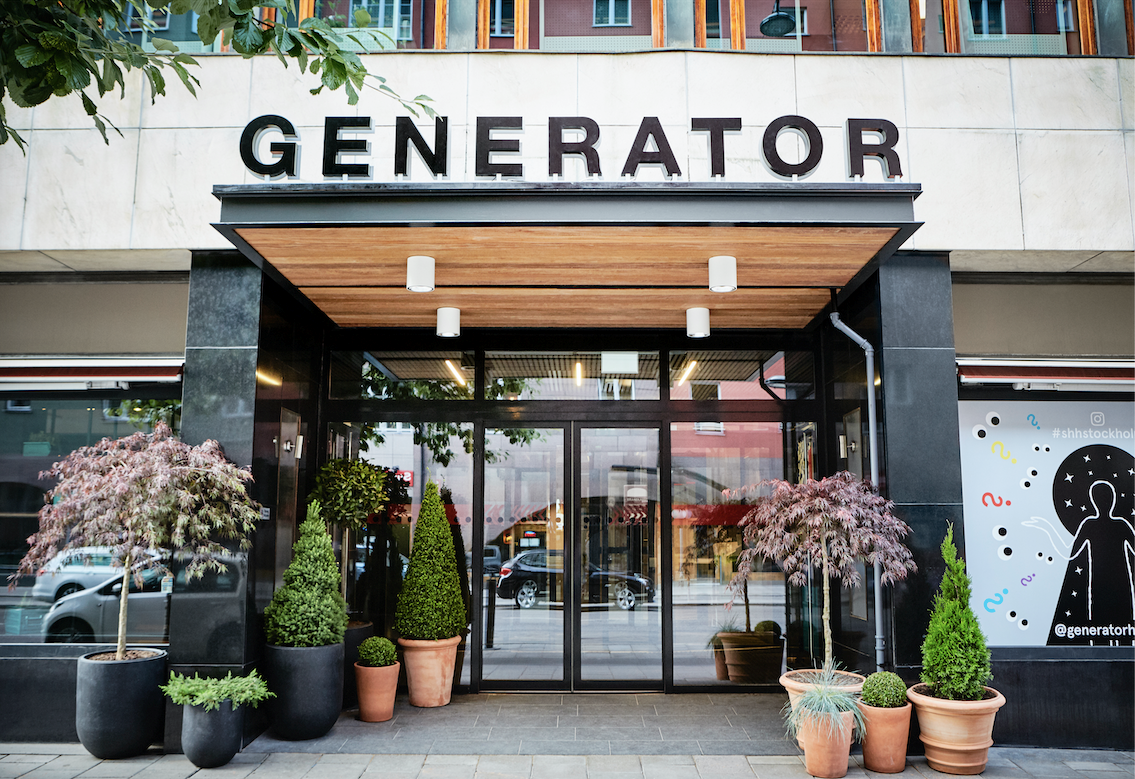Brand profile: Generator

Building a lifestyle brand on the foundations of a popular hostel chain has allowed Generator to rebrand, rename and reposition to support its shifting objectives. Brittany Golob reports on the tourism brand’s
growth-based approach to brand and communications
The motivations influencing travel and tourism are as varied as the destinations available across this wide world. The ways in which these motives and drivers are often understood is with respect to generations or demographics. Yet, a single, childless 32 year-old who prefers urban travel will look for different things in accommodation than a married, 32-year old with children who prefers active travel. The challenge presented to those in the travel and tourism industry is to identify their target audience and develop brands that can speak to those needs and motivations.
Enter Generator. Not a newcomer anymore, Generator has grown into its own place in the urban travel market of late, with the support of new owner Queensgate Investments. The private equity firm acquired Generator in 2017 with the intention of pouring millions into its redevelopment, starting with the brand.
“The previous brand was very much on the surface,” says Jason Rieff, CMO of Generator. “The rebranding has a lot to do with the business, bringing in a marketing professionalism, which allows us to increase revenues exponentially.” Building a team that could support the brand’s redevelopment – a process that has seen it invest in its booking systems, tech portfolio, marketing, corporate partnerships and the properties themselves – has been a priority for Rieff and CEO Alistair Thomann. The energetic South African and German duo has infused Generator with everything it never had in the way of a professional standing in the market.
Built as a hostel brand out of one location in London, Generator quickly spread across the European continent, focusing on urban travel and exploration. It positioned itself as the way for tourists to gain an authentic experience of their chosen destination. And that positioning has, in the past two years, led Queensgate to oversee a period of growth for Generator.
It’s no surprise, though, as exploration is consistently a key driver for tourism, across the generations. But, in a report carried out by travel and tourism marketing agency MMGY Global, meeting new people and self discovery are becoming more popular motivators for travel. Among Millennials, 59% cite self discovery as a motivation, compared to 50% of Gen Xers and just 38% of Baby Boomers. On the other hand, all generations participating in the study reported high levels of interest in experiencing local customs.
Interpreting trends like these, along with the insights about their existing customers, Generator has decided to focus not on a demographic, but on a specific mindset. “It was one of the first things that we changed when we got here,” Rieff says. “We said we’re not going to box ourselves into a typical 18-35. We’re going to go after a mindset, which means as long as you think like us, you’ll feel at home with us.” That approach allows Generator to speak to some of its key consumers who are outside of the Millennial demographic but enjoy Generator’s offerings nonetheless; business travellers and older travellers often choose Generator for its links to the locale’s culture and convenient positioning within the city.
That has helped Rieff target his marketing approach to a specific type of tourist, allowing Generator to build a strong sense of connection, authenticity and local experience into its brand. It also avoided some of the Millennial hotel clichés cropping up across the market. “We would never have funny letter cut outs because that’s just what hotels think that guests want,” Rieff says. Instead, Generator personalises each of its locations based on the location itself, working with local artists and brands to create bespoke spaces and experiences.
That mindset focus extends throughout the marketing research stages as well. Rieff points to music as an example. Generator follows SoundCloud, YouTube and Spotify data, enabling it to instantly tailor the music and videos playing across its properties to the current trend. “We literally change the music in realtime,” he says. “That’s a technological innovation that we’ve brought in that allows us to be very adaptable. We’re hyper-reactive to our guests’ needs.”

“The previous brand was very much on the surface. The rebranding has a lot to do with the business, bringing in a marketing professionalism, which allows us to increase revenues exponentially”

The shift in marketing focus has enabled Generator to expand. When asked about the company’s focus for the future, Thomann had one word to offer, “Growth.” Traditionally a European brand, Generator has entered the US market with its Miami site already open and Washington, DC and Brooklyn soon to follow.
That strategy caused a reexamination of the brand’s name. Once dubbed Generator Hostels, the company had outgrown that moniker with its more varied offering of accommodation types. It also wanted to avoid being pigeonholed into the category of ‘cheap and young.’ Now, just known as Generator, the brand is able to focus on its luxury suites in Miami, its dorm rooms of all sizes and its more traditional hotel-style rooms. “We cover a lot of segments,” Thomann says. “So I don’t think the hostel name defines us so much.” It also opens Generator up to the business market – and, crucially – to the North American market, both of which have not been as open to hostel stays as their European counterparts.
Redefining the brand has been freeing for Rieff too, who has developed new offers in food and beverage, shaped new on-site experiences and developed new corporate partnerships with the likes of Red Bull, EA Games, American Tourister and Birch Box. This approach should help position Generator as a lifestyle brand, Rieff says.
The visual identity itself has been updated, with a smooth, sans serif wordmark acting as the primary logo. The various sites act as the most tangible representations of the brand, however, with mismatched fabrics, rich textures, vibrant colour palettes and experience-centric interior design.
Thomann cites a hostel sector report that states hostels make 77% of their revenues outside of room rates. Generator is leading the way in capitalising on this. “What we’ve done,” he says, “is open up our public spaces, make them places people like to stay, where people can party, chill, watch movies.” He and Rieff have also used brand activations – like a recent rooftop party sponsored by Ben & Jerry’s – to bring people in from the outside, following through on the brand’s promise to connect tourists with locals.
Using social media and local influencers, along with brand partners, has allowed Generator to jump the hurdle that exists between the local audience and a hotel. “The way we communicate and target our events, you can target the local community and bring the local influencers in,” Thomann says.
And as a result, profits are up over 50% in just 18 months. For Queensgate, the Generator redevelopment has focused on maximising the ROI of the brand, making it a brand focused on coolness and value for the customer. In essence, they’re trying to build Generator into a lifestyle brand.
“We’re like all other hotel brands. We’re real estate investors at the end of the day,” Thomann says. “It’s all about adding value to the real estate.”













